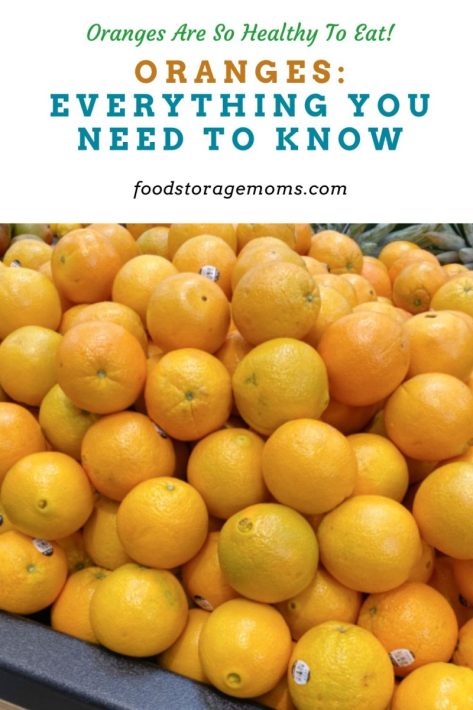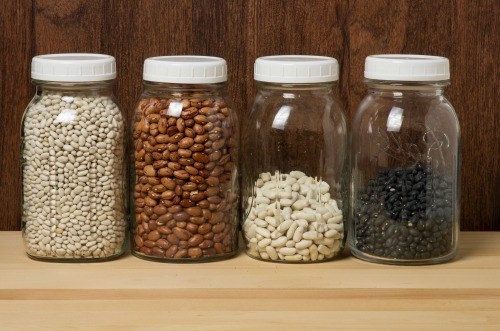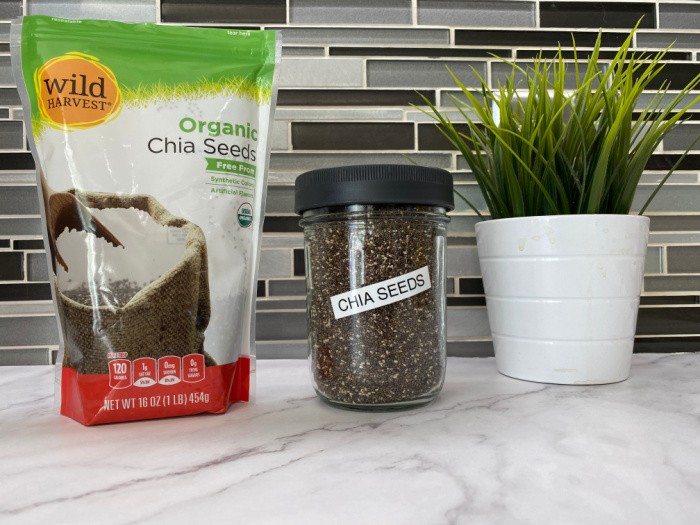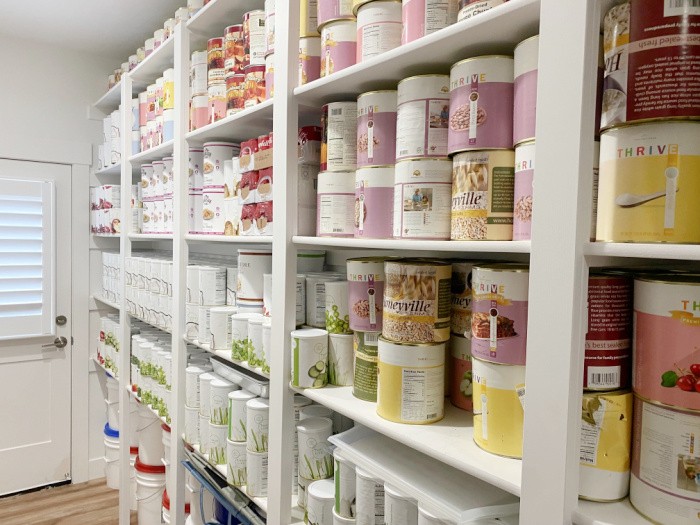Oranges: Everything You Need to Know
It may come as a surprise to some of you, but there’s a lot about oranges that you probably didn’t know. Yes, they taste delicious and contain a high level of vitamin C, but that’s about as far as most of us ever get about our knowledge of this delicious fruit. As it turns out, oranges and other citrus fruits provide you and me with numerous health benefits. Keep reading to find out more about oranges: everything you need to know about them.

Facts You Probably Didn’t Know About Oranges:
- Oranges don’t exist naturally on their own out in nature. The orange tree is actually a hybrid of two citrus fruit varieties; the mandarin and the pomelo.
- The state of Florida and the country of Brazil are the two major orange producers in the world, but that wasn’t always the case. Oranges actually originated in Southern China.
- Oranges weren’t always named after their color. Naranga was the original word in the Sanskrit language (Southern Asian). It wasn’t until the 1500s that the English referenced them by their color.
- Not all oranges are the color orange.
- If you’re hoping to find the sweetest orange, all you need to do is look for the one with the largest naval.
- Orange rinds (peel) can be used as a natural deodorizer that is then placed in garbage cans or in garbage disposals when they start to put out a bad odor.
- It takes 3 oranges to make a single cup of fresh orange juice, and 64 oranges to make one gallon.
- Just to grow one orange fruit takes roughly 14 gallons of water during the growing process.
- Oranges mostly comprise water and carbs, with little fat and protein.
Nutrition of Oranges
Almost everyone knows that oranges come cram-packed with vitamin C. In fact, the average orange contains 92% of your daily value of vitamin C needs. But vitamin C is not the only nutrient that you’ll find in oranges. The citrusy fruit also consists of fiber, calcium, folate, potassium, thiamine (vitamin B1), and others.
High Traces of Beneficial Plant Compounds
Besides the many nutrients in oranges, they also contain high levels of beneficial plant compounds including carotenoids, flavonoids, and vitamin C. All of these provide our immune systems with beneficial antioxidant and anti-inflammatory effects.
Flavonoids
Oranges contain phenolic compounds, including flavonoids. These are where you’ll find most of the oranges’ antioxidant properties. The two main ones are called Hesperidin and Naringenin.
Carotenoids
Citrus fruits consist of high levels of carotenoid antioxidants too, which provide oranges with their vibrant flesh colors of orange, yellow, and red. The two main carotenoid compounds in oranges are called Lycopene and Beta-cryptoxanthin. Both of them help protect our bodies’ cells against oxidative damage and other diseases.
Vitamin C
Vitamin C is the most well-known antioxidant out of the bunch. A higher dietary intake of vitamin C has been known to provide a number of health benefits including lowering the risk for cancer, heart disease, and several others.
Health Benefits of Oranges
According to various research studies, consuming oranges and other citrus fruits on a consistent basis can provide benefits to your health in a variety of different ways. Here’s a brief look at a few of them that might be of some interest to you. Oranges: everything you need to know, including the health benefits of oranges.
Help Support Immune Health
Oranges are high in vitamin C, a nutrient that has been shown to boost immune health.
Promote Eye Health
The antioxidants found in oranges can help protect against macular degeneration and cataracts, two conditions that can cause vision loss over time.
Improve Heart Health
Oranges contain hesperidin, a phytonutrient that has been shown to lower blood pressure and reduce the risk of heart disease.
Aid in Digestion and Weight Loss
In addition to being high in fiber, oranges also contain pectin, a type of soluble fiber that helps to promote healthy digestion, and may even help you feel full longer. This can be beneficial for those looking to lose weight or maintain an already healthy weight.
Reduce the Risk of Stroke and Other Diseases
Oranges are high in antioxidants that can help reduce oxidative stress and inflammation, which may prevent conditions like stroke and other chronic diseases down the road.
Boost Brain Health
The vitamin C found in oranges is a nutrient that is known to aid in brain health by increasing blood flow to the brain and preventing neural damage as we age. So go ahead and fill up on some fresh orange juice today for a healthy boost!
Whole Oranges v.s Orange Juice
Did you know that orange juice is the most consumed fruit juice in the United States? It’s sweet and satisfyingly delicious. Orange juice also contains important nutrients and plant compounds that are beneficial to your health. But does that mean that you should consume a lot of it? Let’s take a look at a few of the differences between whole oranges and orange juice.
Sugar Content
One of the main differences between the two is the amount of sugar that is added to orange juice by producers to provide it with the desirable flavor that you and I enjoy so much. There’s a lot that’s added to be quite honest about it. Most orange juice brands have about 4 times the amount of sugar that you’d find by eating an orange!
While orange juice is a healthy choice compared to a lot of other drinks, it’s best to consume it in moderation to cut out some of the calories and possibly aid in your blood sugar levels. That being said, it’s best to eat the whole fruit regularly rather than drink the juice. I love eating orange slices as an afternoon or evening treat. You can also add raw oranges to a number of orange recipes.
Fiber Content
Another one of the major differences between raw oranges and orange juice is the fiber content. Orange juice is much lower in fiber than an orange whole fruit. Which means that it’s far less filling than an orange. That also means that it’s very easy to possibly overconsume orange juice, causing excessive calorie consumption which can lead to weight gain.
Again, if you’re trying to watch your calorie intake, it’s okay to enjoy a glass of orange juice every now and then, but it probably isn’t something that you should consume daily, particularly if you have issues like diabetes. Note that the soluble fiber in oranges helps to lower cholesterol levels for most people.
Some people seem to have digestive issues from eating citrus fruits. If you fit in that category, you might minimize some “heartburn” symptoms by steering clear of oranges.
Other Ways to Enjoy Eating Oranges
Besides consuming any type of orange as is, there are several different ways that you can enjoy them and add them to your diet. I also like to toss them in with a fruit salad, add them to my morning smoothie, make fruit kabobs with them, or use the zest as a topping for some delicious baked goods.
When is the peak season for oranges?
You can find oranges from California all during the winter and into late spring. Most varieties are found in abundance from January through late spring. Note that Florida had some early cold spells, so the harvest this year may be smaller than usual.
Common Types of Oranges to Check Out
- Navel oranges (the most common type of orange you’ll find)
- Tangerines
- Blood orange
- Clementines
- Mandarin oranges
- Cara Cara oranges
- Red-fleshed navel oranges
- Valencia oranges
- Seville oranges
- More Fruit Tips:
- Fruit Powder: How To Make It and Use It
- Fruit: Why Do We Need to Eat It?
- Fruit Trees: The Ones You Need To Grow
- 11 Cans Of Fruit I Recommend
Final Word
Oranges are nutritional powerhouse fruits that offer a wide range of health benefits. From boosting immune health to reducing the risk of heart disease, they really do provide us with some amazing benefits. That being said, it’s important to remember that whole oranges still reign supreme over their juice counterpart when you want more dietary fiber and fewer calories, so try to eat them fresh or cook them up into delicious recipes like tasty marmalades.
What are some other tasty ways that you enjoy eating oranges? I’d love to hear from you! I prefer to eat my oranges at room temperature rather than right from the fridge, what about you? May God Bless this world, Linda






















Thank you for this informative post. I learned a lot I didn’t know. I can’t wait to share this with my kids later. They love oranges of all kinds. God bless you Linda for all the work you do.
Hi Steff, thank you for your kind words, my sweet friend. I love oranges of all kinds as well!!! Linda
Great information! Oranges and pomelos are 2 of my favorite fruits, esp after dinner for dessert. Pomelos are a pain to peel but that makes the edible fruit that much tastier! I like pomelo peeling and eating while watching TV while hubs eats popcorn
Hi Marilynne, those sound yummy!!! Linda
Glad I bought a case. Yum.
Hi Janet, yay!!! I love oranges this time of year!! Linda
I was visiting family in California many years ago. My sister and I took a long drive and visited a few fruit stands – mostly citrus fruits as I recall. The thing that I learned from one of the sellers was that you want to find the fruit that has the smoothest skin = thin skin/more fruit; the fruit that seems the heaviest compared to the size of the fruit = juiciest. I still use that technique when shopping for oranges, grapefruit, lemons and limes.
Also, for the best nutrition from citrus fruits, it is best to eat the fruit rather than the juice. You get more fiber! Juice is great but if you squeeze or juice your own oranges, you know how much fiber is left in the skin once all the juice is extracted!
If you purchase organic oranges or citrus fruits, you can also candy the rind: take the peels and slice into long strips, remove as much of the pith (white part on the inside of the rind). Make a simple syrup of equal parts sugar and water, bring to a simmer and add your slices. Simmer for several minutes until the peels are sort of translucent – not clear but I don’t know how to explain any better. Remove the peels and place on a cooling rack to drain. SAVE the now infused simple syrup to add to baked goods – Yum! After the peels have drained, place them in a bag with sugar and shake. Place back on the cooling rack and let dry for several days. Then you can store them in an airtight container. The peel has a lot of vitamin C and may have other healthy benefits.
I also save my peels in the freezer for use in the garbage disposal, for making orange or other citrus scented cleaning products.
Hi Leanne, oh I want to make candied orange rinds now! Thanks for the directions! I love the tips on the skins of the fruit. Love this! Linda
I love oranges but my stomach says, no you don’t! (Same with lemonade). I have a very touchy tummy when it comes to citrus. I’ve had my ups and downs with oranges but by far, my favorite ones are cara-cara. They’re “pink” oranges and are only available (it seems) around January/February. Sooo juicy and good. Not dry and woody like most oranges. I buy them at Costco and they’re amazing!
Hi Robbie, I have seen those, and now I need to watch for them, thanks for the tip!! I love oranges! Linda
I love oranges, grapefruit and any citrus fruit. I love Key limes. I have a recipe for mint julep that is fantastic and does not have any liquor in it and to tell you the truth the kids love it.
Hi Jackie, oh please share the recipe if you can find it for Mint Julip! Yummy! Linda
We have been drinking more orange juice lately, because the clementine we buy have had very little taste. I love white grapefruits but they are only available here from mid-December thru February. I also love limes. Canned Mandarin oranges (drained because my grandson drinks the juice) go great with fresh raspberries and raspberry jello.
Hi Chris, I buy cases of Mandarin oranges, they are so good, and I don’t have to peel them. I was thinking the same thing about the Clementines, they were blah this year. Linda